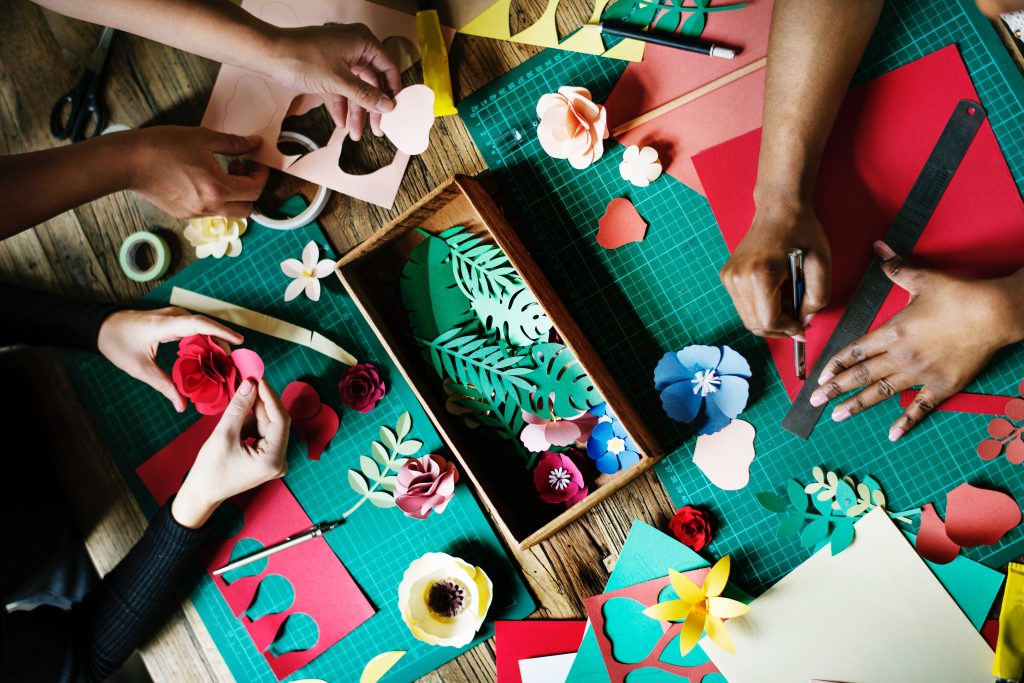You are certainly familiar with the concept of catharsis invented by Aristotle. This Greek word means «purification». In the philosopher’s works on poetics it refers to purifying of emotions by tragedy. It is also repeatedly mentioned with regard to the other arts.
From very early on people knew that the magic power of arts is to remove painful and unpleasant effects and even turn them into their opposites. According to an American writer of children’s literature Maurice Sendak people from their earliest years are in need of achieving catharsis through fantasy because from early childhood they «live on familiar terms with disrupting emotions, fear and anxiety» as an intrinsic part of their everyday lives.
Have you ever coped with your grief or frustrations by means of reading novels or visiting art galleries? Have you ever felt that a particular artwork (a beautifully written story or a painting) can express your inner life better than you do?
It definitely works, right? Nowadays with all this technological progress we can even witness some curious attempts to algorithmize the whole process. We already have a web application at artastherapy.com for such purposes. It’s claimed to be capable of helping you to become happier, less selfish, more content with what you do or even accept the frightening thought about your mortality.

The website was created by Swiss philosopher and the author of «Art as Therapy» Alain De Botton. The author claims: «We believe the point of art in general is to offer therapeutic assistance; it should help us to better endure and enjoy our lives».
It’s getting even more exciting when it comes to some studies that show how your personality traits can reflect your tastes in art. Aesthetic interests were found to be more strongly related to the character traits (like openness to new experiences or agreeableness) than to social class, age or gender. Isn’t that fascinating? If you are a conscientious (a politically correct word for «boring») person you are less likely to be creative and also less likely to be interested and competent in artistic appreciation. It’s highly probable that your artistic preferences are more conventional in that case.
If you are still not completely emotionally satisfied with what the humanity’s cultural legacy can offer you can to try to become an artist yourself! Through creating art you can better understand yourself and others, explore your feelings and cope with stress and traumatic experiences like undergoing cancer treatment or other health problems. You are even granted a unique chance to enhance your cognitive abilities.
You should not be bothered by questions like «am I talented or not?». Just try.

According to the British association of psychotherapists, art therapy is founded on the belief that self-expression through artistic creation has its therapeutic value in case you are working with someone who is trained to understand how color, texture, and various art media can help reveal one’s thoughts and feelings. You can find plenty of stories on how people succeeded to increase self-esteem, get over depression or deal with Alzheimer’s, and even schizophrenia.
People with mental illness can also get some relief from such practices. The Perspective Project provides an outlet for those with mental health problems and hosts art, poetry and writing with the aim of ending stigma and giving them an opportunity to find understanding. The website is sharing the works of over 30 artists (including some anonymous ones) from around the UK, US and Canada, all of whom have various mental health issues.
In the months after the recent school shooting in Coral Springs the local Museum of Art established art therapy programs to help students, teachers and parents cope with trauma. “We know art works,” says Julia Andrews, the executive director of the museum. “We know it helps. As traumatic as it’s been and horrific as it’s been, there’s been growth.”
Art is therapy. Art heals. It is capable of transforming your feelings in a way that no other medium can.








